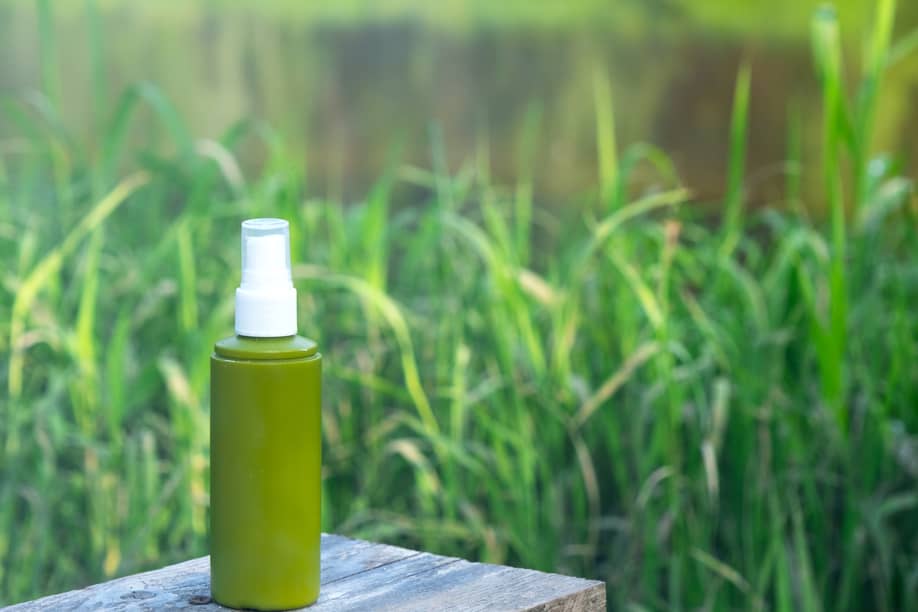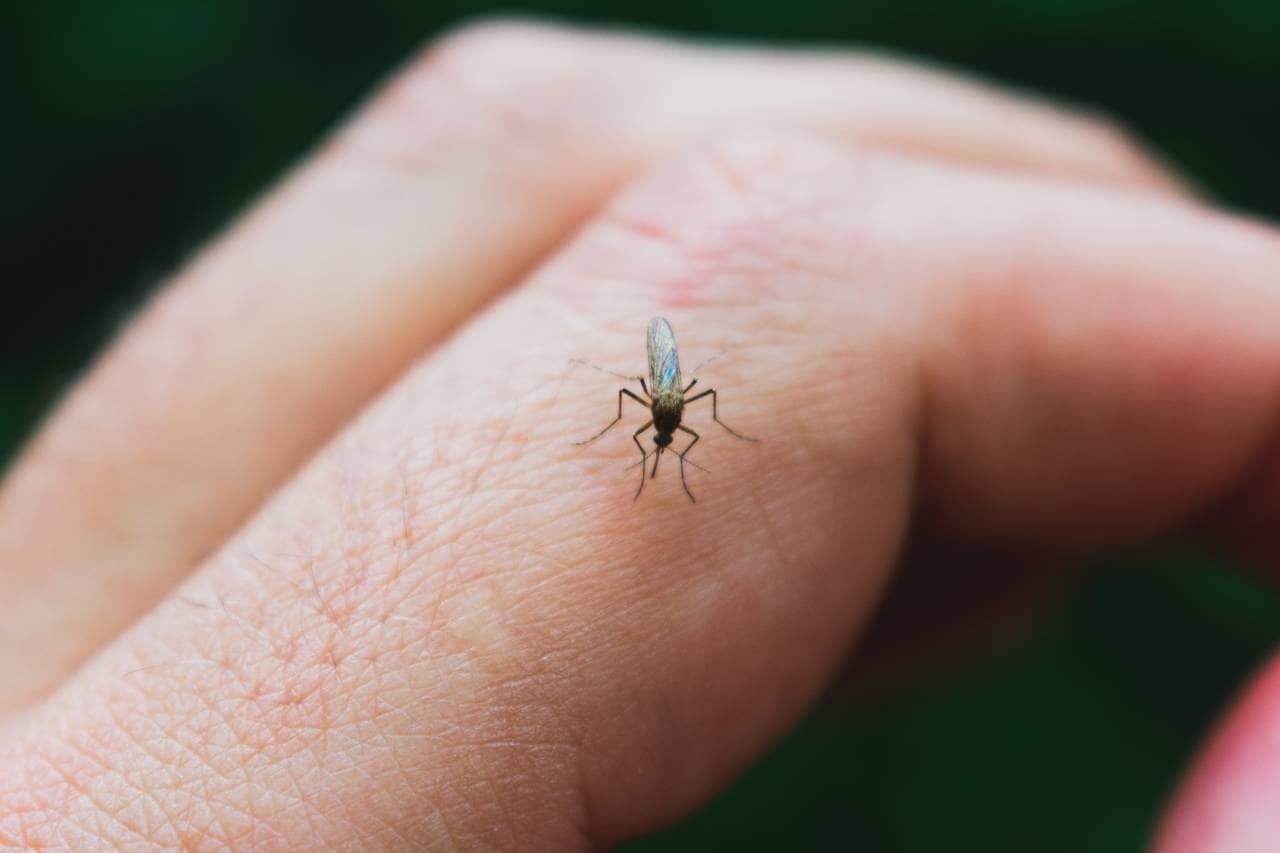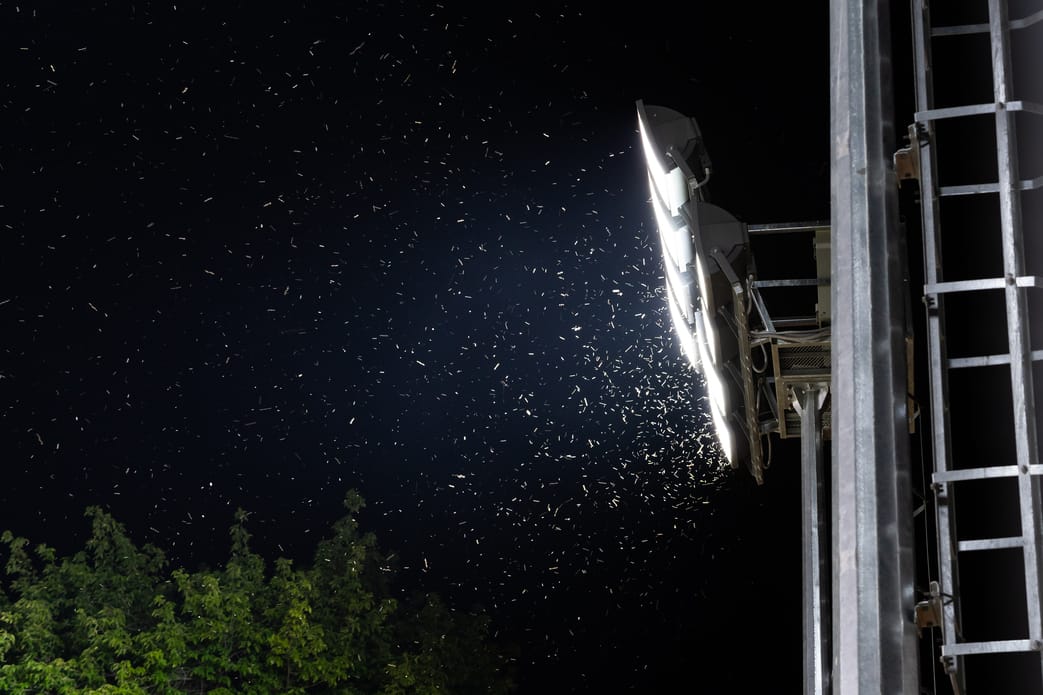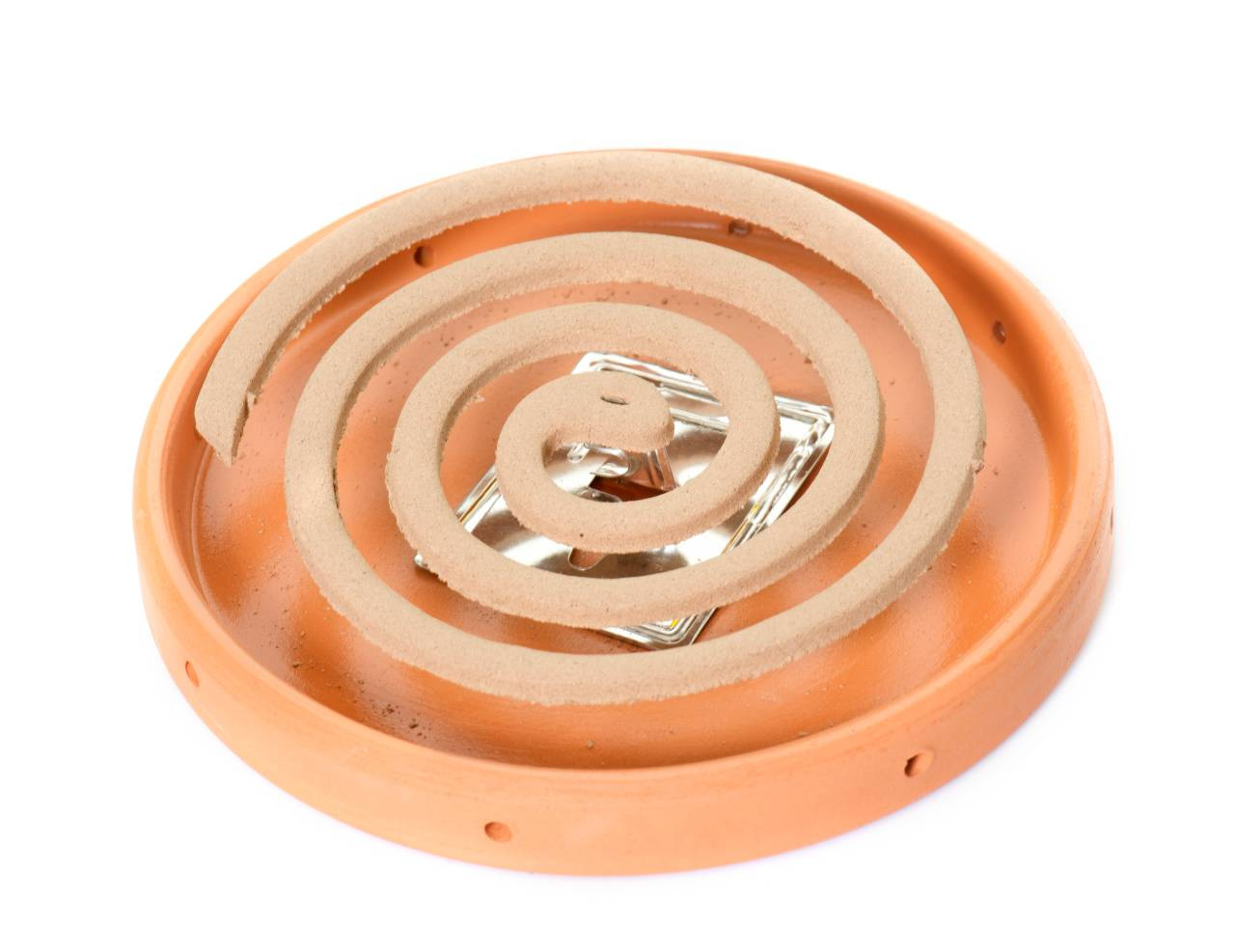Should a pond be situated within your property, bear in mind that it can become a breeding area for mosquitoes if not well taken care of. It is worth noting that mosquitoes do contribute to the spreading of the diseases. Thankfully, there are many options available for effective mosquito control around ponds.
Introduce Mosquito-Eating Fish
Adding fish that eat mosquito larvae is one of the best natural ways to keep the number of mosquitoes right in check. Guppies, minnows, and goldfish are typical species that actively feed on mosquito larvae. With the help of these fish, the pond can be kept free of mosquitoes.
Add a Water Fountain or Aerator
If a water fountain, bubbler, or aerator is added to the pond, it can help move the water. As a result, the chance of mosquitoes settling down and laying eggs decreases tremendously. Furthermore, moving water increases the oxygen content of the pond, allowing marine life to thrive better.
Remove Excess Vegetation
Pond vegetation such as cattails and lilies add aesthetic appeal, however too much of these plants will provide shelter for mosquitoes. To reduce the chances of having these annoying insects, make it a habit to remove these unwanted plant life and trim them regularly.
Use Mosquito Dunks or Larvicides
An environmentally friendly pond option is a mosquito dunks. Place these tablets in water every thirty days and have peace of mind that you will be free from the nuisance of mosquitoes. Without endangering fish, plants, or other species, the bacterium released by these tiny tablets precisely targets mosquito larvae.
Maintain a Clean Pond
Mosquitoes are less likely to be drawn to a clean pond. Use nets to scoop out decaying organic debris such as leaves and algae from the water, as they can provide nourishment to these bothersome insects. Periodic cleaning minimizes the chances of having these insects breed uncontrollably.
Install Mosquito Nets Over the Pond
For smaller ponds, the use of mosquito nets can be beneficial. Very fine nets can be spread over the pond and suspended just above the water surface to prevent mosquitoes from laying their eggs into the pond. This method is useful along with other methods to ensure total mosquito control.
Attract Natural Predators
Some organisms such as dragonflies, frogs, and birds can devastate mosquito populations. In fact, dragonflies are sometimes referred to as ‘mosquito hawks’ because they specialize in adult mosquitoes. Frogs, on the other hand, attack larvae and adult mosquitoes while birds like swallows and martins consume gigantic quantities of mosquitoes on a daily basis. It is possible to create a habitat that appeals to these organisms which will largely minimize the number of mosquitoes present.
Monitor and Inspect Regularly
Effective mosquito control requires routine examination. In the water, look for mosquito larvae, which resemble tiny wriggling worms. If you see them, remove them with a fine net.
Mosquito Control In A Pond
Incorporating the methods above lets you enjoy the tranquillity that comes with keeping a pond, without the nuisance of mosquitoes. Proper maintenance, natural techniques, and these proactive strategies form a multi-faceted attack targeting pests while maintaining the ecosystem and elegance of the pond.





